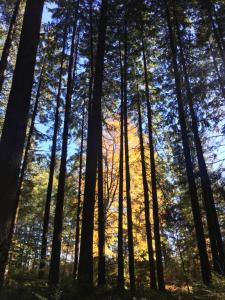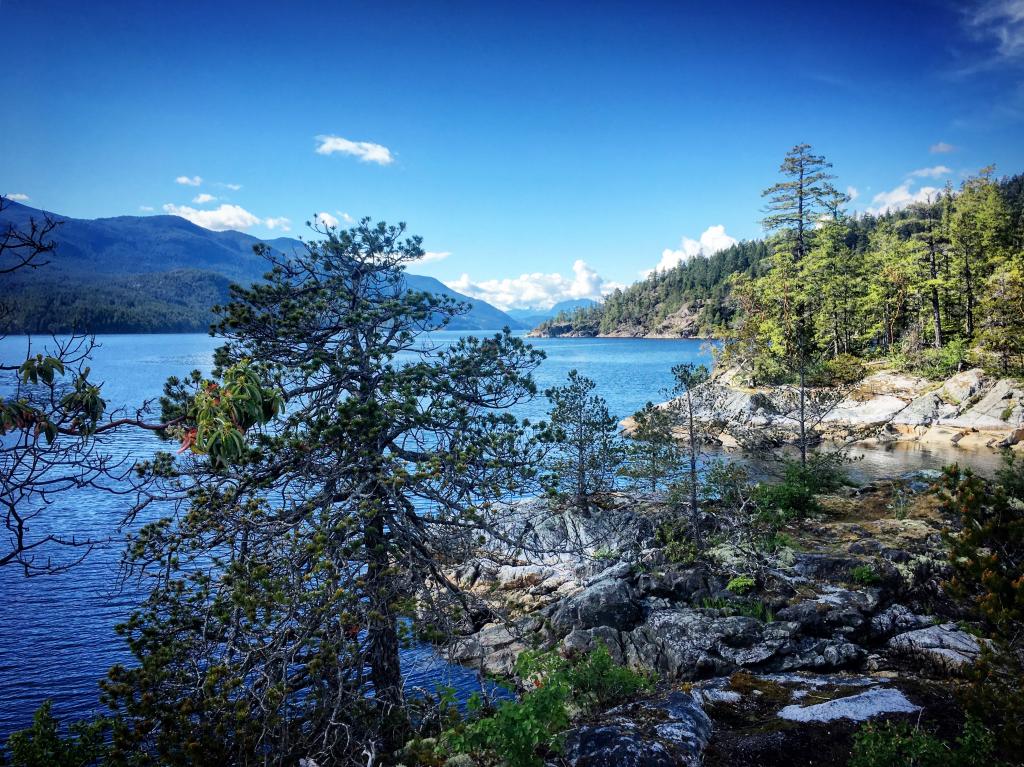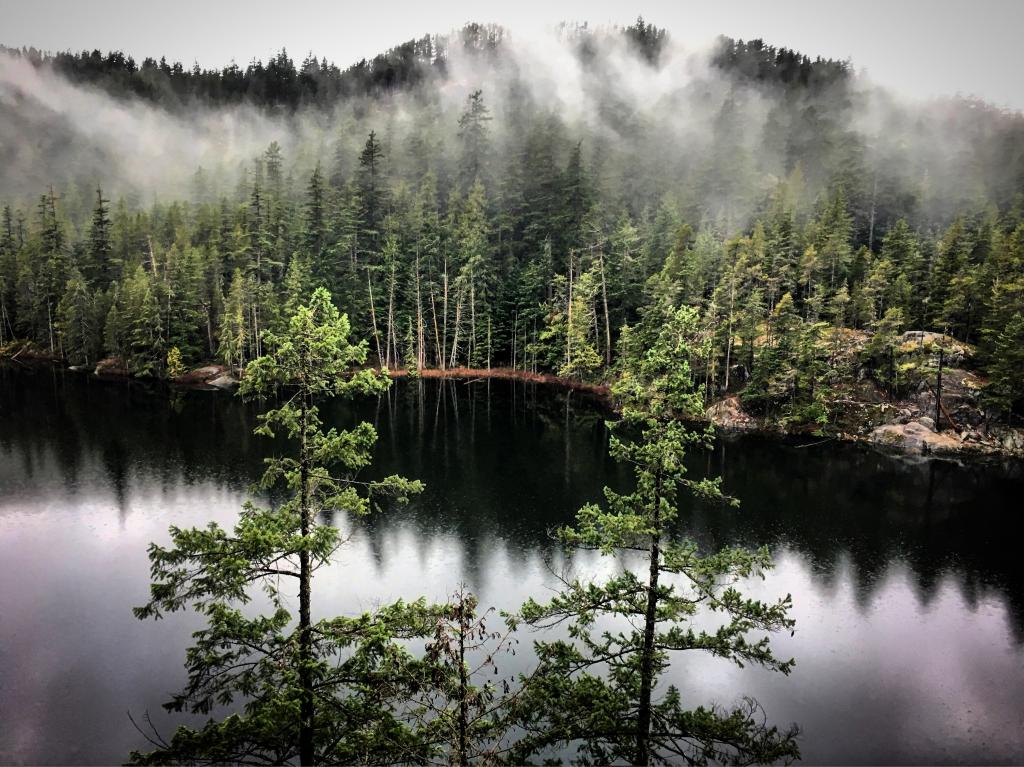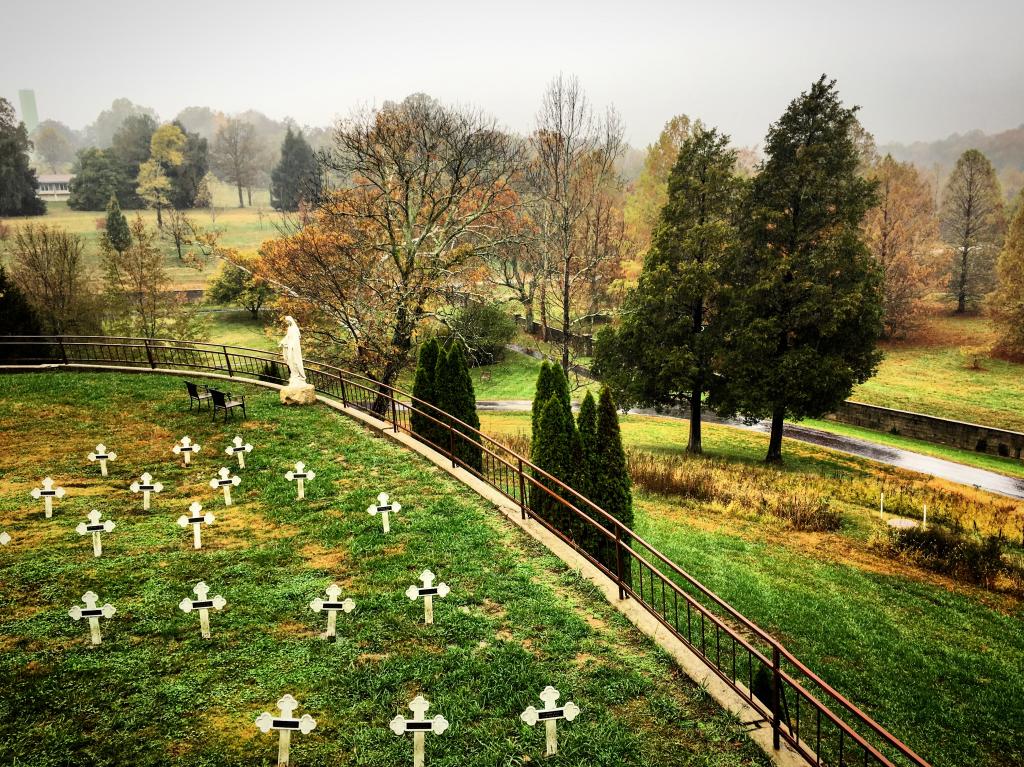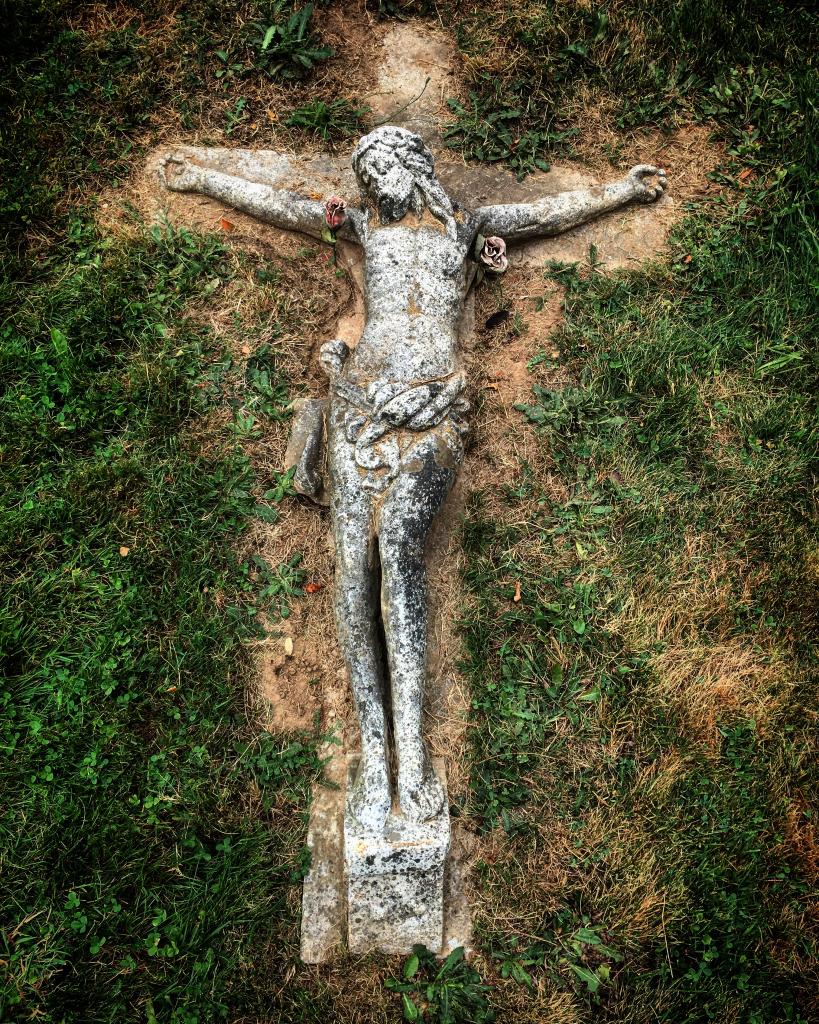“No settled family or community has ever called its home place an “environment.” None has ever called its feeling for its home place “biocentric” or “anthropocentric.” None has ever thought of its connection to its home place as “ecological,” deep or shallow. The concepts and insights of the ecologists are of great usefulness in our predicament, and we can hardly escape the need to speak of “ecology” and “ecosystems.” But the terms themselves are culturally sterile. They come from the juiceless, abstract intellectuality of the universities which was invented to disconnect, displace, and disembody the mind. The real names of the environment are the names of rivers and river valleys; creeks, ridges, and mountains; towns and cities; lakes, woodlands, lanes roads, creatures, and people.” –Wendell Berry
I have always loved this quote from writer and farmer Wendell Berry; it hits home. As someone who uses words like ecology and environment on a regular basis in my work as a scholar, educator and forester I can so easily get bogged down in theory, model and map. I sometimes miss that all of my work takes place in, well, place. I breath air and drink water and eat food from a particular place. I live in a watershed and share this place with many other humans and even more nonhumans.
Slowly I am learning where my water comes from, where my waste goes, and trying to remember what phase the moon is in. Slowly I am trying to learn the names of plants and trees and mosses. And what’s more, my life does not depend on it. It is a privilege to do it.
When was the last time you were in a Dale? Or a Glen? Or a Gully? Robert Mcfarland’s work on recovering lost words for places and landscapes is crucial to our own sense of place. The Oxford Junior Dictionary has left out words like fern and acorn, for words like chatroom and email.
How is your Ecological Literacy? Ecological Literacy Quiz
How is your Landform Vocabulary? Enchanted Learning Landforms

